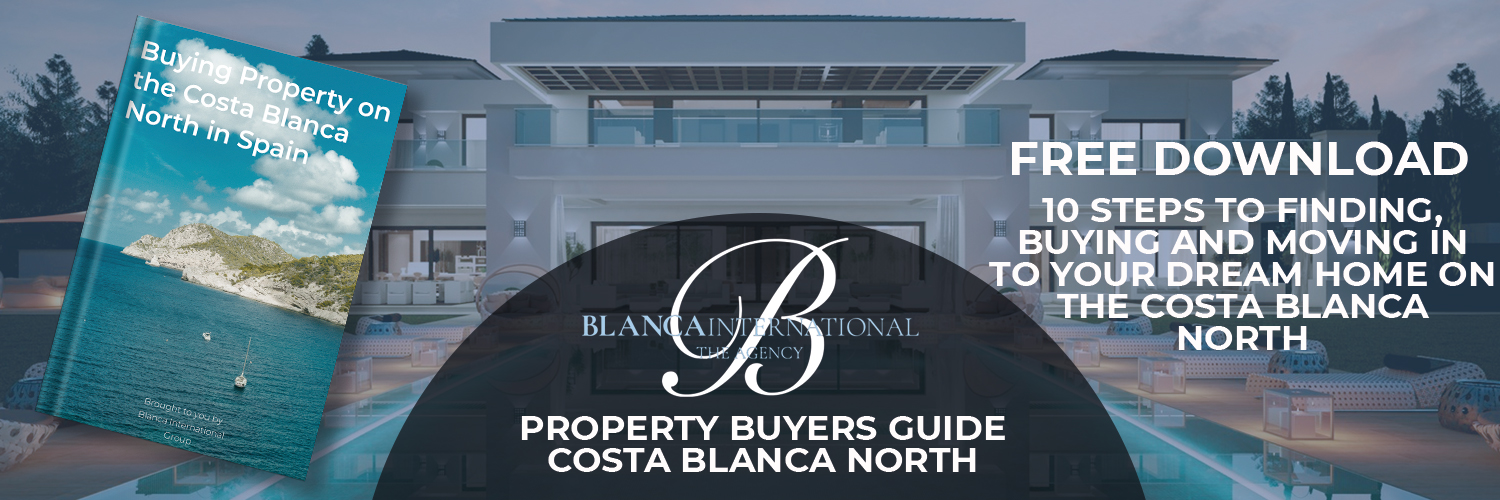The coastal town of Javea, or Xàbia, located in the Alicante province of Spain, is an alluring destination for tourists from around the world. With its picture-perfect sandy beaches, serene blue waters, a backdrop of majestic mountains, and a charming old town rich in history, Javea has been captivating the hearts of visitors for decades.
The town’s steady influx of tourists has led to several significant changes, leading to an array of both opportunities and challenges. This article delves into the multifaceted impact of tourism on Javea and the prospects it offers for the future.
Also read: 16 things to do in Javea
Economic Opportunities
Boosting the Local Economy
Tourism has always been an integral part of Javea’s economy. The town sees a substantial number of tourists each year, especially during the summer months. These visitors contribute significantly to the local economy by spending on accommodation, food and drink, shopping, transportation, and other services. According to data from the National Statistics Institute, tourism represents a significant portion of Javea’s gross domestic product, underscoring the sector’s critical role in the town’s economic well-being.
Job Creation
The tourism industry also plays a vital role in job creation in Javea. From hotel staff and restaurant employees to tour guides and retail workers, tourism provides a wide range of employment opportunities for locals. Seasonal jobs are particularly abundant, aligning with the summer surge in visitors.
Infrastructure Development
The influx of tourists has encouraged the development of infrastructure in Javea, including hotels, restaurants, and other amenities. Improved roads, better public transportation, and enhanced public spaces not only benefit tourists but also contribute to the town’s overall development and the well-being of the residents.
Socio-Cultural Opportunities
Cultural Exchange
The meeting of different cultures is one of the most enriching aspects of tourism. Javea, with its visitors from around the world, has become a melting pot of various cultures, fostering a spirit of mutual respect, understanding, and harmony. The cultural exchanges that occur also enable locals to learn about different lifestyles and perspectives, broadening their worldview.
Preservation of Heritage
Tourism has also played a role in preserving Javea’s rich cultural heritage. With the influx of visitors interested in the town’s history, local authorities have been motivated to maintain and protect historical sites, traditional festivals, and cultural practices. This effort not only enriches the tourist experience but also ensures the longevity of Javea’s unique cultural heritage.
Environmental Opportunities
Environmental Awareness
Tourism can be a powerful tool for raising environmental awareness. In Javea, eco-tourism initiatives have been developed to educate visitors about the local environment and the importance of sustainable practices. Guided tours of the Montgó Natural Park and the Marine Reserve of Cap de Sant Antoni, for example, aim to instill a respect for nature and promote conservation efforts.
Sustainable Practices
In response to the growing demand for sustainable travel experiences, many businesses in Javea have adopted greener practices. Hotels and restaurants are increasingly incorporating energy-efficient technologies, reducing water use, and prioritizing locally sourced, organic products. These initiatives not only cater to environmentally conscious travelers but also contribute to the broader goal of sustainable development.
Challenges of Tourism

While the benefits of tourism in Javea are plentiful, the industry also brings with it several challenges.
Overcrowding
During peak travel seasons, Javea can become overcrowded, putting pressure on local resources and infrastructure. Excessive tourist numbers can lead to overcrowding on beaches, traffic congestion, and increased strain on public services.
Environmental Impact
Tourism can have significant environmental impacts. Increased traffic can lead to higher emissions, while litter and waste can degrade natural environments. Marine ecosystems can also be threatened by tourist activities like boating and diving.
Seasonal Dependency
Javea’s heavy reliance on tourism makes it vulnerable to fluctuations in visitor numbers. The seasonal nature of tourism means that many businesses are dependent on high summer revenues, leaving them exposed during the quieter off-season. Events such as the COVID-19 pandemic, which severely limited global travel, have highlighted the risks of over-reliance on tourism.
The Way Forward
To navigate these challenges and harness the potential benefits of tourism, a balanced and sustainable approach is needed. Strategies may include diversifying the local economy, implementing effective visitor management strategies, promoting off-peak tourism, and investing in sustainable infrastructure.
Efforts should also be made to minimize the environmental impact of tourism. This could include promoting green tourism initiatives, encouraging businesses to adopt sustainable practices, and educating visitors about responsible travel behaviors.
In conclusion, tourism in Javea presents both opportunities and challenges. By recognizing these and proactively addressing them, Javea can continue to offer a vibrant and sustainable tourist experience, while also ensuring the well-being of its local community and natural environment. With thoughtful planning and management, the future of tourism in Javea looks bright.


